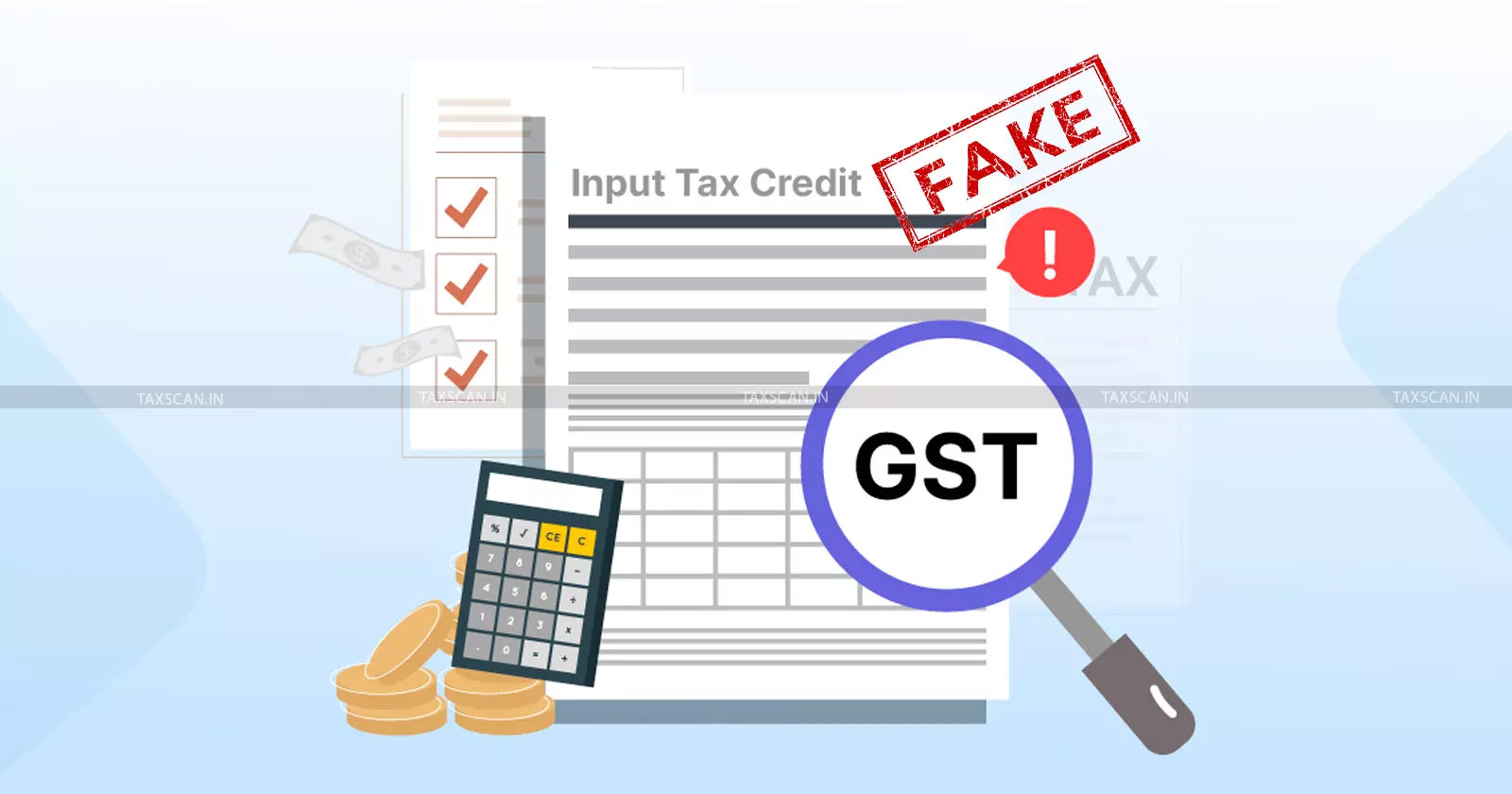Directors Remain Criminally Liable for Dishonoured Cheques Despite Company Insolvency: Orissa HC [Read Order]
The Orissa High Court held that directors remain criminally liable for cheque dishonour even if the company has been declared insolvent.
![Directors Remain Criminally Liable for Dishonoured Cheques Despite Company Insolvency: Orissa HC [Read Order] Directors Remain Criminally Liable for Dishonoured Cheques Despite Company Insolvency: Orissa HC [Read Order]](https://images.taxscan.in/h-upload/2025/10/18/2097622-cheque-dishonoured-taxscan.webp)
In a recent ruling, the Orissa High Court observed that directors of a company cannot escape criminal liability for cheque dishonour merely because the company has been declared insolvent.
Syed Najam Ahmed, the petitioner and Managing Director of Zenith Mining Private Limited, filed a petition before the High Court challenging the order of the JMFC (LR), Bhubaneswar, which had rejected his plea for discharge in a complaint filed under Section 138 of the Negotiable Instruments Act, 1881.
The complaint had been filed by Dewy Developers Private Limited, which alleged that the petitioner’s company had taken a friendly loan of Rs. 1 crore but failed to repay it. A cheque issued towards repayment was dishonoured twice with the remark “refer to drawer.” After a statutory notice demanding payment was ignored, the complainant filed the case under Section 138 of the N.I. Act.
Want a deeper insight into the Income Tax Bill, 2025? Click here
 Also Read:Delhi HC Rules S.69(2) of Partnership Act cannot Bar Unregistered Firm from Challenging CGST Demand or Enforcing Statutory Rights [Read Order]
Also Read:Delhi HC Rules S.69(2) of Partnership Act cannot Bar Unregistered Firm from Challenging CGST Demand or Enforcing Statutory Rights [Read Order]
The petitioner’s counsel argued that since the National Company Law Tribunal, Cuttack, had admitted an insolvency petition against the company and appointed a Resolution Professional under Section 7 of the Insolvency and Bankruptcy Code, 2016, the complaint under Section 138 could not continue.
They relied on Section 32A of the IBC and on the Supreme Court’s decision in Ajay Kumar Radheshyam Goenka v. Tourism Finance Corporation of India Ltd., contending that the liability of the corporate debtor ceased after commencement of insolvency proceedings.
The trial court had rejected this contention, holding that criminal prosecution under Section 138 could proceed against the directors and signatories even if the company was under insolvency.
 Also Read:₹40 Crore Fake GST ITC Allegation: Allahabad HC Releases Accused on Bail [Read Order]
Also Read:₹40 Crore Fake GST ITC Allegation: Allahabad HC Releases Accused on Bail [Read Order]
How to Audit Public Charitable Trusts under the Income Tax Act Click Here
Before the High Court, the complainant’s counsel argued that proceedings under the N.I. Act are penal in nature and independent of insolvency proceedings.
The counsel pointed out the Supreme Court’s explanation in Ajay Kumar Radheshyam Goenka that the moratorium under Section 14 of the IBC does not apply to criminal cases under Section 138, as such proceedings are not recovery actions but penal in character.
The Bench comprising Justice Chittaranjan Dash observed that Section 32A of the IBC discharges only the corporate debtor after approval of a resolution plan and does not protect individuals such as directors or officers responsible for the offence.
The court further explained, referring to P. Mohanraj v. Shah Brothers Ispat Pvt. Ltd., that while the company’s liability may cease after resolution, the personal liability of the persons in charge continues under Section 141 of the N.I. Act.
The court ruled that insolvency proceedings before the Resolution Professional do not bar prosecution under Section 138 of the N.I. Act. It held that the trial court had rightly refused to discharge the petitioner. The petition was dismissed as being without merit.
Support our journalism by subscribing to Taxscanpremium. Follow us on Telegram for quick updates


